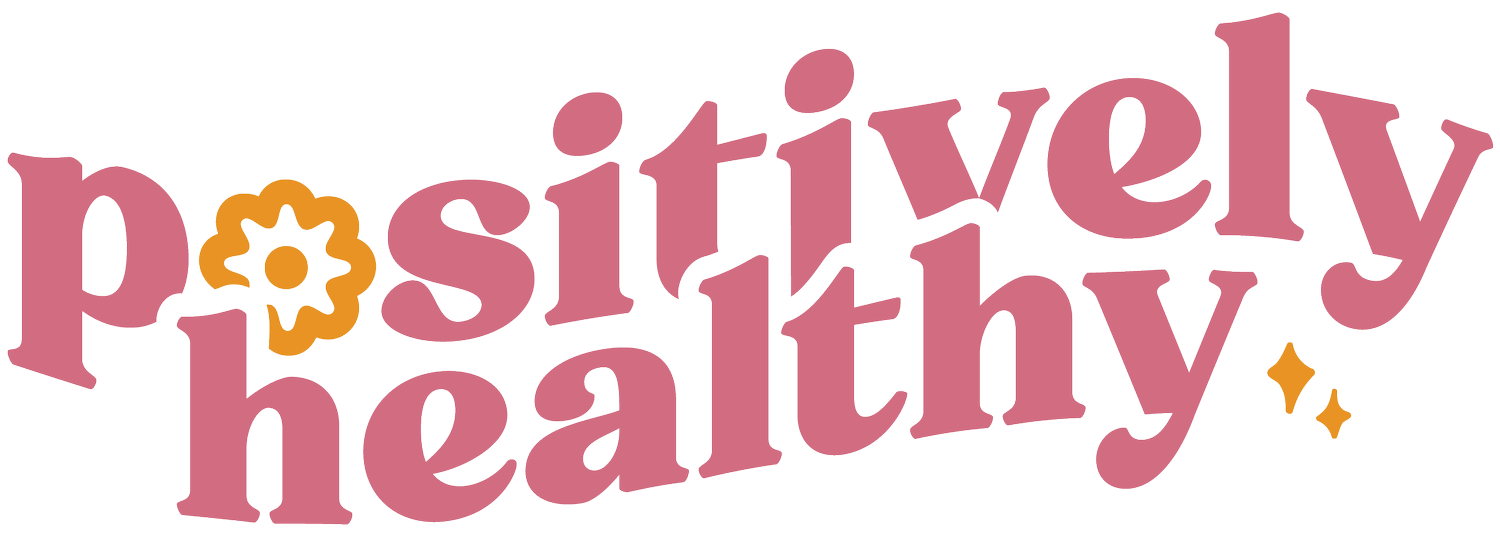Turning Teenage Entitlement into Gratitude
Bah, Humbug!
Gratitude journals, gratitude notes, gratitude memes. Does it ever feel like “gratitude” is being shoved down your throat? Do you feel guilty or have FOMO that you’re not doing "it?" Is the hype around gratitude getting annoying?
If you're on the outside looking in, you might secretly despise all those happy, grateful people. I mean really...you already have a million things on your to-do list, who has time for such woo-woo activities like a sunrise gratitude meditation?
Yet…
You might harbor resentment that your daughter wants the newest color of the Lulu Align tank. You might be annoyed that your son is asking for the latest Jordans. If you push back, you might get a guilt trip from them, AS IF you are damaging their ego by saying NO. And because you don’t want to deal with the fallout, you oblige their request. This becomes the new normal. Spending thousands of dollars on clothes, shoes, hair, nails, and technology because you want them to fit in and be accepted by their peers. It’s normal for teens to feel like they need “things” to be accepted.
After a while, when you realize the list of “wants” never ends, you start to develop resentment. Your teengager is operating out of fear and you are indulging them. It’s not because you’re not an awesome parent. You’re doing everything right. It’s just that something feels really off, because you don’t know if they appreciate what you are providing for them. In addition to all the “stuff,” you work so hard to make sure they have every opportunity to participate in sports and activities. You do it all: driving, ordering, registering, planning, cooking, and coordinating on every group text and team app known to man.
This…
Is when the rage sets in. Am I right? Teenagers can be so ingrateful these days. They are so entitled.....blah, blah, blah. We do so much and it doesn’t feel like they appreciate how good they have it. All we want is a thank you or an acknowledgement that is sincere and heart-felt.
Philosopher David Hume…
Wrote, "Of all crimes that human creatures are capable of committing, the most horrid and unnatural is ingratitude."
So…
What can we do to improve this dynamic? This is a multi-layer cake.
We can find a way to give ourselves what we need from others. We can tell ourselves the words we need to hear and then just imagine they said those words.
Another thing is to investigate our fears. Are we afraid of how our kids will feel about us or how we will feel about ourselves when we say no? Do we feel guilt, shame, or like we are a failure?
Another layer to be curious about is our own relationship with gratitude. Before expecting our kids to have it, we may need to check ourselves. Let's first understand there are differences between trait and state gratitude... meaning the level of permanence. Is it a personality trait, or is it a feeling? Researchers are on the fence about this, but genetic links have been found. They agree there was an evolutionary benefit of having gratitude, meaning one's survival depended on showing gratitude to receive favors. However, despite your genetic predisposition for gratitude, anyone can train themselves in the art and science of the practice gratitude. And yes, it’s a practice because it requires time and patience before you improve and there is no end-point.
In order…
To put in the time and energy of improving our state (or mood) of gratitude, we might want to understand the benefits.
Gratitude is associated with better physical and psychological health, greater happiness and life satisfaction, less materialism, and higher quality social bonds.
Gratitude inspires people to be more generous, kind, and helpful (or "prosocial"). This strengthens relationships, including romantic and familial relationships, and may improve work culture.
There are infinite ways to establish a practice of gratitude, from improving thought patterns, changing feelings, and establishing routine behaviors.
Now that you are living a life full of gratitude. How can you help make the shift for your kids?
3 Ways to Improve Gratitude in Your Teenager:
1) Modeling
You modeling gratitude is the best thing you can possibly do to teach gratitude. Part of this involves looking at your relationship with envy and materialism because they involve scarcity or lack. They are antithetical to gratitude, making it difficult for people to be grateful and envious simultaneously. Energetically, people around you can feel if you are living in scarcity or abundance. This can come across consciously and subconsciously, verbally and non-verbally. Do you have one of those friends who seems jealous of you or others? We need to be conscious of the vibe we are giving off, especially in front of our kids.
Another way to model this is to verbally tell them what you are grateful for about them. How can they learn to say “I appreciate you.” if you don’t say it to them?
2) Investing
As far as purchases, ask your teenager to put some skin in the game. Teenagers have at least some ability to earn their own money. You could ask them to contribute a certain percentage to each purchase, so they are investing financially and emotionally. The more they contribute, the more they may value the items. This also helps create gratitude when they are given things because they understand their worth. They may need to learn to live with less in order to build more gratitude.
Holidays are always a time to donate charitably to those in need. Ask your teenager to participate through an investment of time or money. Contributing to society creates a culture of gratitude within themselves and in the family. It also increases their self-worth because they have proof they matter in the world.
3) The most valuable things in life are free.
Help your teenager understand and build self-worth, self-esteem, and self-confidence. Investing in one's personal growth will last a lifetime, whereas all the "stuff" is temporary. Practicing gratitude can incorporate them being thankful for their passions, gifts and personality. When they work on becoming the best version of themselves, the Align tank doesn’t seem quite as relevant anymore.
By fostering their personal growth, they will be grateful for having supportive parents who have provided opportunities for learning. Whether they express this now or in the future, they are thankful for you.
As always…
Don't hesitate to reach out if you or your teenager are struggling or feel stuck. I coach parents and teenagers dealing with stress, anxiety, overwhelm, and low self-confidence. Just click here to schedule a conversation with me.
And just so you know, I am thankful for you. Happy Thanksgiving!!!
Warmly,





